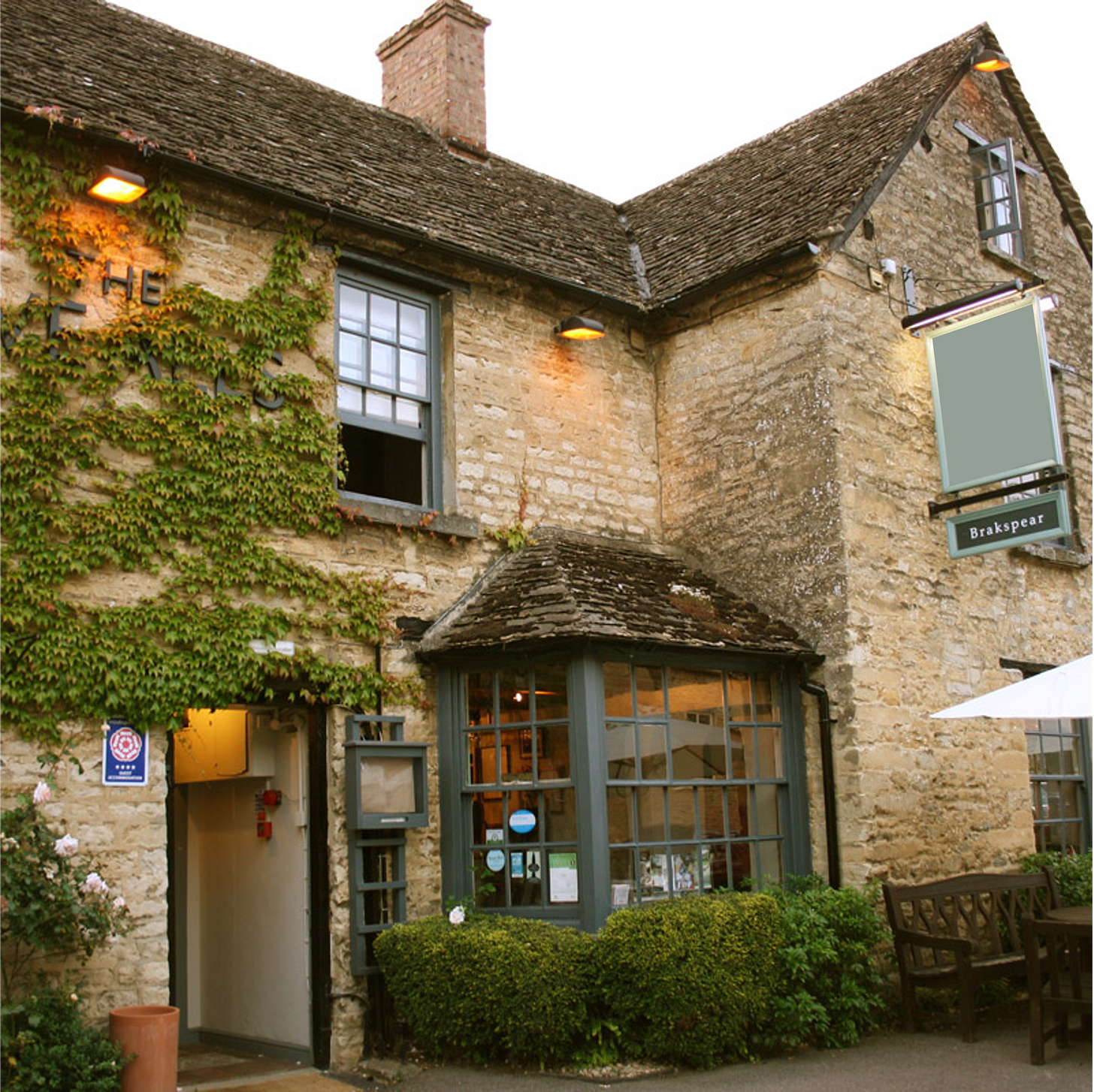Pub Landlord
The Time I Bought a Pub
“If anyone knows of a pub that has draught stout, open fires, cheap meals, a garden, motherly barmaids and no radio, I should be glad to hear of it…” — George Orwell
Every Englishman’s dream is to own his own pub. So when the opportunity arose to buy one around ten years ago, I couldn’t say no. The couple who ran a country pub I often visited were keen to set up on their own, and a few of us agreed to back them.
For centuries, drinkers have fantasized about their ideal watering hole. George Orwell wrote an essay in 1946 listing all the qualities he values in a pub: a good solid lunch, a garden, bar staff who know his name. Not all of his criteria are universally popular: Who wants to eat liver-sausage sandwiches washed down with stout out of a china mug? To be fair, Orwell concedes that his aspirations for a country pub are slightly different, which is just as well because it was a country pub – not far from his resting place in Oxfordshire – that we had our eyes on.
The pub itself was an eighteenth century coaching inn at the heart of a village recently voted one of the country’s finest. It was owned by a brewing firm which had long since outsourced brewing to focus on its network of drinking venues. For a modest annual rent, we could take over operations and keep whatever profit we made for ourselves. The pub was already popular with villagers and by installing our team – he, an established chef and she, a charismatic front-of-house manager – we could widen the addressable market to include Londoners who were increasingly spilling into the area at weekends.
This model of pub ownership is not unusual in the UK. It originated when the industry was vertically integrated and brewing companies controlled distribution directly. By the end of the 1980s, two thirds of Britain’s pubs were run by brewers. Rather than get involved in day-to-day management, beer companies offered tenancy agreements, allowing publicans to rent sites under the condition that they source drinks exclusively through the brewer. To break their stranglehold on the market, the government eventually introduced new laws limiting the number of pubs a brewer could own. Some sold their estate, others their brewing operations. Brakspear, the company that owned our pub, spun off its beer business – its brand survives today as one of many made by Carlsberg.
More than beer, though, our proposition was food. The site had two dining rooms with capacity to seat 90. Our chef had made his name in London where he’d featured in all the major guide books, and he and his wife brought that star quality with them to the countryside. They’d already received awards for their first place in the area, turning it into a magnet for celebrities (it helped that Kate Moss lived close by). We hoped they could do the same again.
Lesson 1: Back the founders
After some refurbishment, we were ready to go. The place was a hit. Reviews were good, the locals supportive and bookings took off. Sales creeped up, from £200,000 when we took over, to £850,000 in our first year and £1.2 million in our second year. At 65%, gross profit margins were higher than what the British Beer & Pub Association surveys for a typical rural pub. After salaries, we were down to 34% and although other expenses ate into that – rent, utilities, cleaning, marketing, management compensation – net of it all, we were able to eke out a profit margin of around 7%.
One of the challenges facing this kind of business is that it is capacity constrained. Anyone who has seen season three of The Bear will know how useful it can be to squeeze in an extra half-a-turn. Within a few years, we were doing 3,700 covers a month – there were limits to how much more we could do. Lodging, though, offered upside. The pub already had a few rooms upstairs and we decided to reinvest cash flow into building some more in the courtyard outside. Before long we were generating ancillary income from accommodation at higher gross margins than we were selling food and drink for.
Four years after opening, we were awarded best pub in the South West of England at a glitzy ceremony in London. And then things got difficult.
As it’s a holiday weekend for many readers, this week’s issue of Net Interest veers away from its usual fare of finance. Instead, we discuss the ups and downs of running a small business in the hospitality industry. I no longer own the pub, so I won’t be hosting seasonal gatherings there, but to see how I got to that point, read on.

